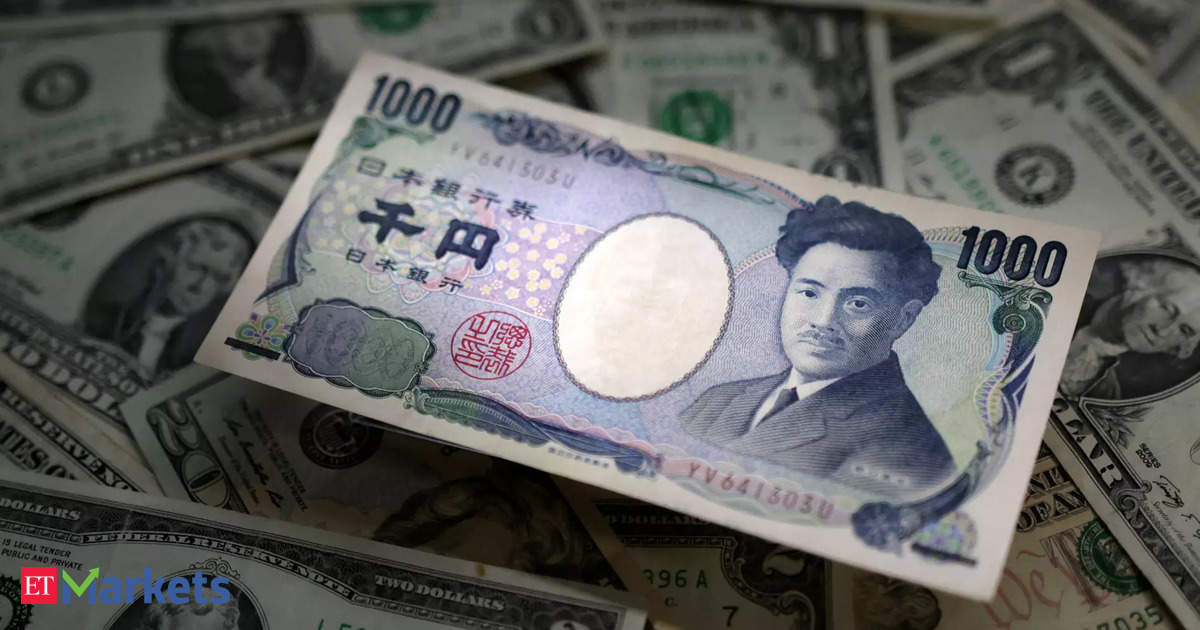Yen at its weakest in decades as BOJ meets
The Australian dollar, which has been boosted by a hotter-than-expected reading this week, briefly topped its 200-day moving average to hit $0.6539, before settling to $0.6522 in Asia trade on Friday. [AUD/]
The yen, however, fell to its weakest since 1990 at 155.75 per dollar, tracking a sharp rise in U.S. yields as separate figures showed a surge in an inflation measure.
That opened - at the 10 year tenor - a 380 basis point gap over Japanese yields that it can be expected to stay wide with U.S. rate cut expectations evaporating and markets now pricing only 34 basis points of cuts in 2024.
The size and persistence of the yield gap has encouraging short yen positions and drives Japanese money into dollar assets such as Treasuries, weighing on the currency.
The yen has slipped past levels at 152 and 155 to the dollar where traders had been wary of pushback or intervention from officials and was last trading at 155.58 per dollar.
Japanese Finance Minister Shunichi Suzuki said on Friday he was closely watching currency moves and prepared to take full steps in response. Short yen positions hit their largest for 17 years last week. <1097741nnet>
On Thursday the yen made a near 16-year low of 167.06 per euro, and was near those levels in the Asia morning on Friday, and it touched a nine-and-a-half year low of 101.64 to the Aussie dollar.
The Bank of Japan already hiked rates at a landmark meeting in March where it ended years of negative interest rates.
Market expectations are low for any fresh policy shift on Friday, but are keenly watching for changes to inflation projections - which would broadcast an intent to hike rates - or to any guidance on the interest rate outlook.
"The market is not pricing in much from this meeting but it's important to watch where they set official inflation targets, and whether they revise their forecast," said Nathan Swami, Citi's Asia-Pacific head of FX trading in Singapore.
"I'm expecting them to, which then opens up the summer meetings as live."
Sterling rose 0.4% overnight and was last at $1.2507. The New Zealand dollar was a touch firmer in Asia morning trade at $0.5960 and has gained in the previous four sessions.
Source: Forex-Markets-Economic Times
